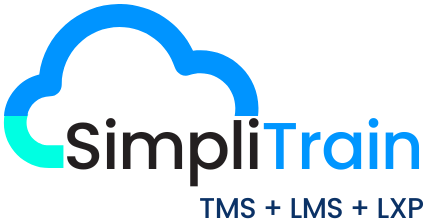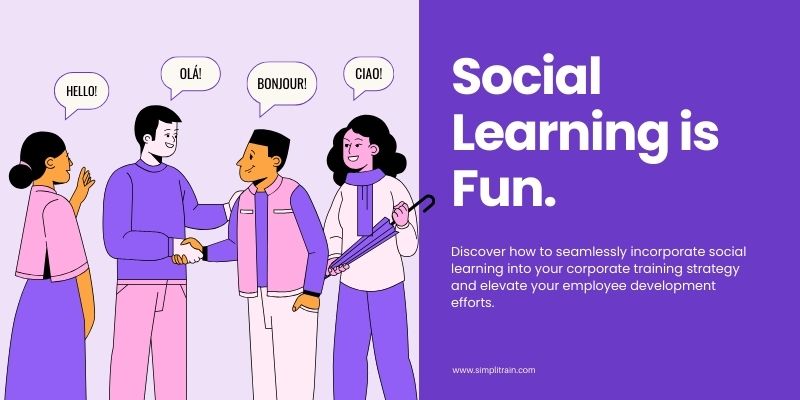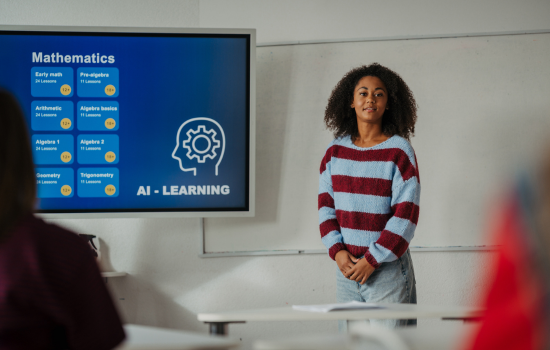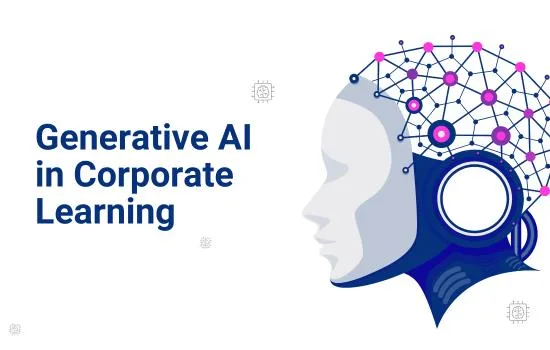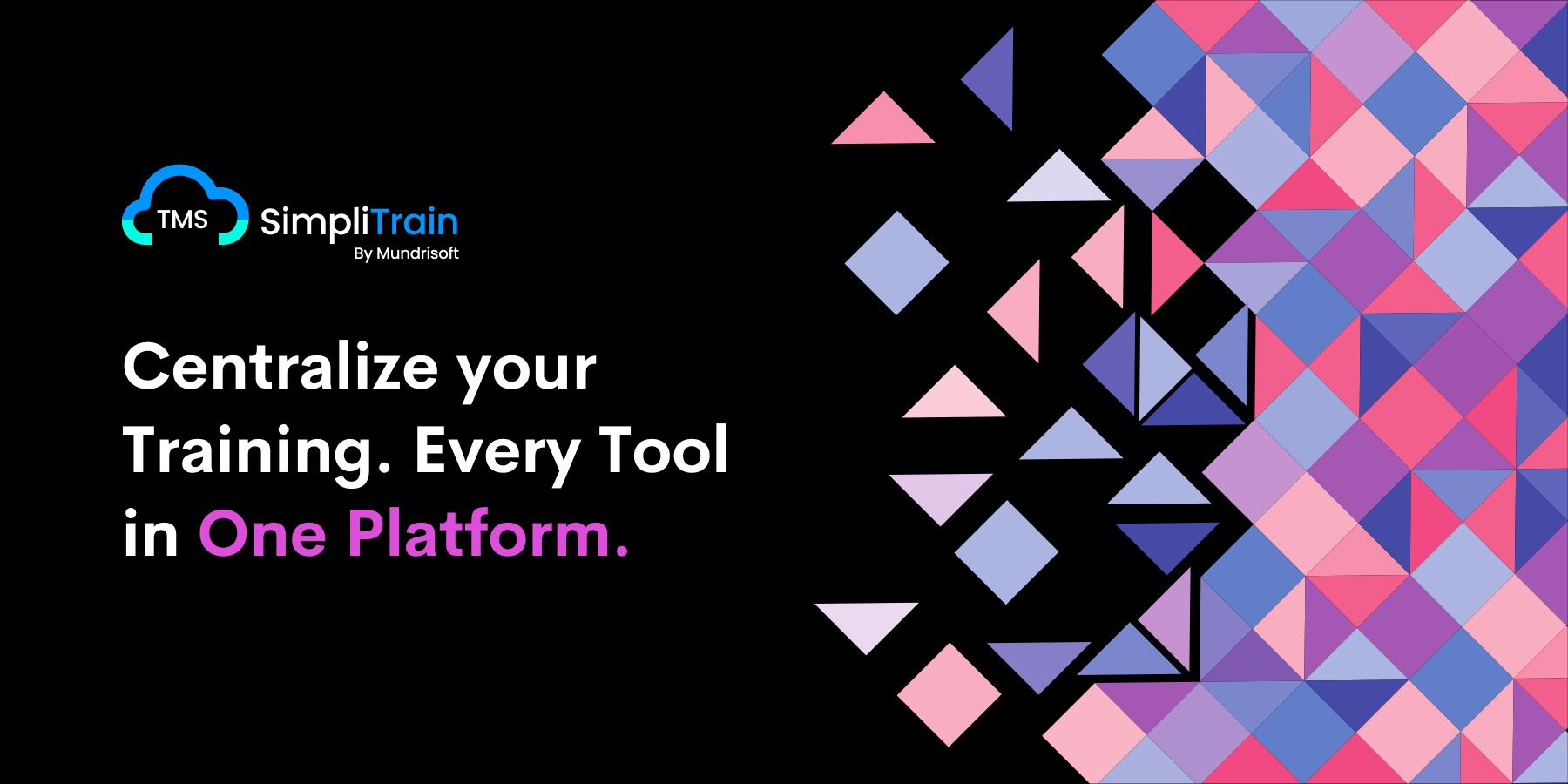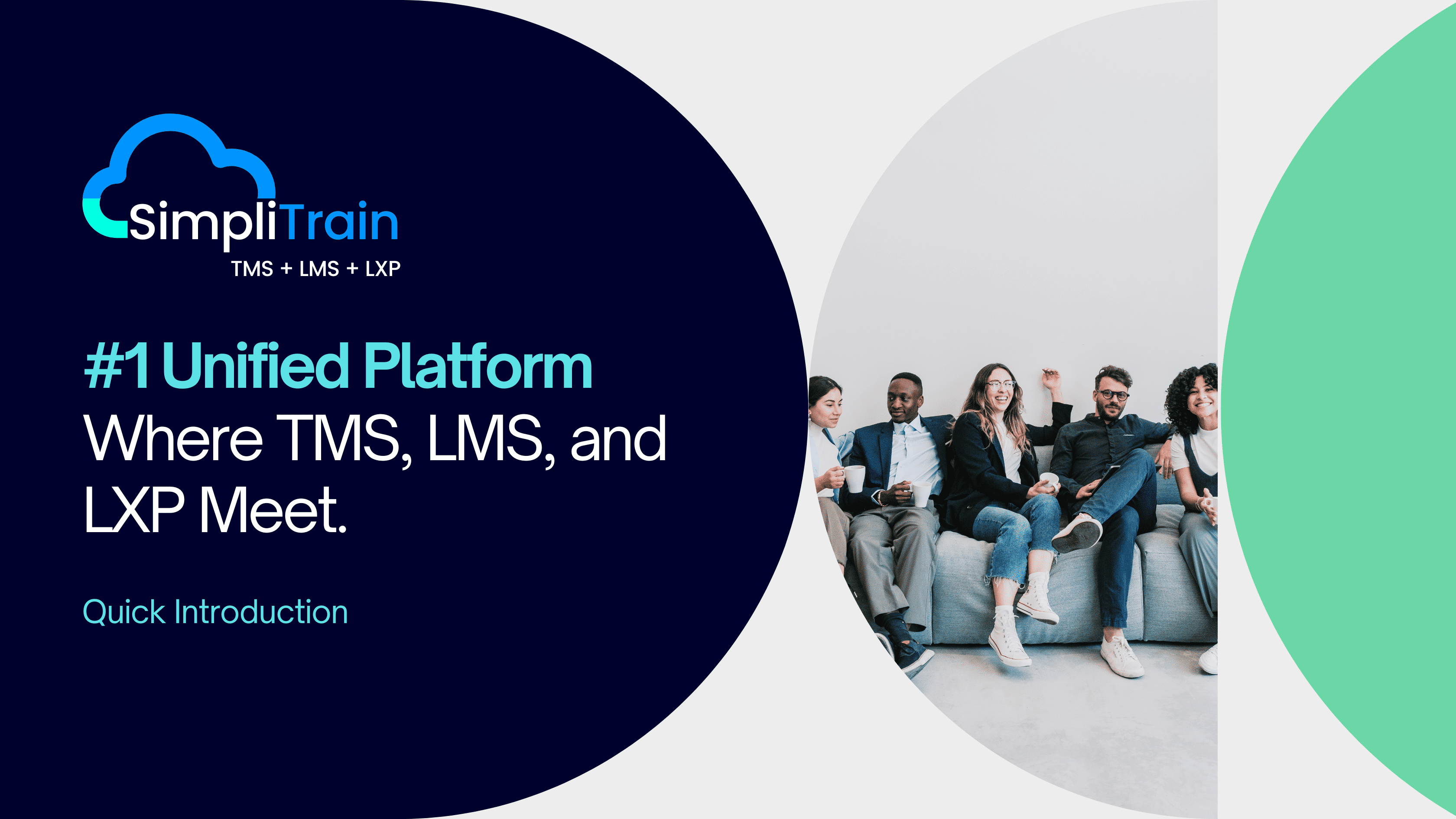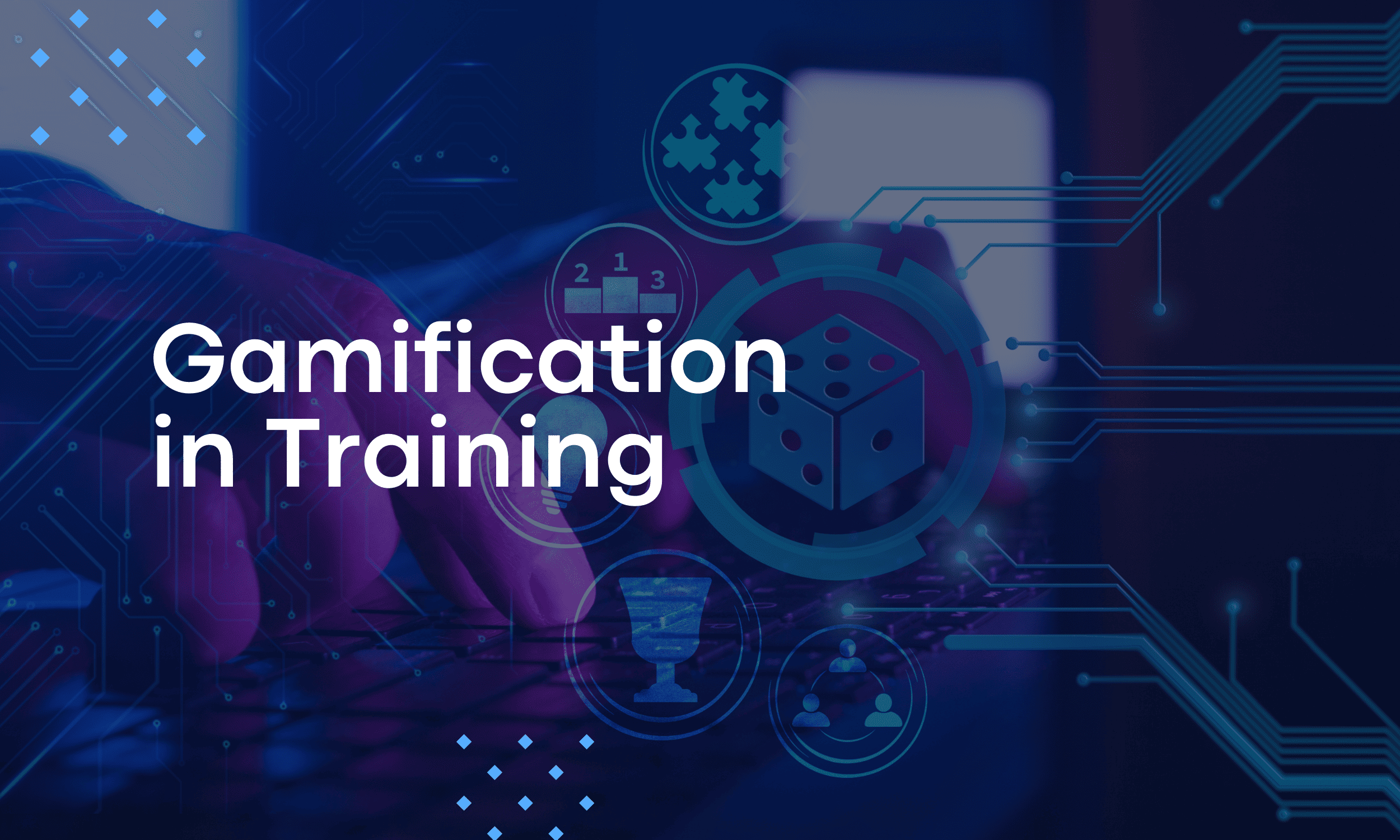In today’s rapidly evolving business landscape, the importance of a well-rounded and adaptive training strategy cannot be overstated. Organizations are continually seeking ways to enhance their training programs to not only improve employee skills but also to foster a culture of continuous learning and collaboration. One of the most effective ways to achieve this is by integrating social learning features into your corporate training strategy.
The Evolution of Corporate Training
Traditionally, corporate training has been a formal, structured process, often consisting of classroom-style instruction, online courses, and assessments. While these methods are effective in delivering information, they can sometimes lack engagement and fail to leverage the collective knowledge and experiences of the workforce. SimpliTrain’s social learning feature transforms training into a more interactive, collaborative, and impactful experience. Explore the complete list of features here.
What is Social Learning?
Social learning unfolds as individuals engage in the dynamic process of observing, imitating, and modeling the behaviors, attitudes, and emotional responses of those around them. In a corporate context, it involves leveraging social interactions and collaborative tools to facilitate knowledge sharing, peer learning, and community building. Social learning can occur through various mediums, including social media platforms, discussion forums, peer reviews, collaborative projects, and more.
The Benefits of Integrating Social Learning
1. Enhanced Engagement and Participation
Integrating social learning features into your training strategy can significantly boost employee engagement. When learners are encouraged to interact with their peers, share insights, and discuss ideas, they are more likely to be actively involved in the learning process. This heightened engagement leads to better retention of information and more meaningful learning experiences.
2. Fostering a Collaborative Culture
Social learning promotes a culture of collaboration within the organization. Employees are encouraged to work together, share their expertise, and support each other’s learning journeys. This collaborative environment not only improves individual learning outcomes but also strengthens team cohesion and organizational unity.
3. Leveraging Collective Knowledge
Each employee brings a distinct set of skills, experiences, and perspectives enhancing the collective journey. Social learning harnesses this collective knowledge, allowing employees to learn from each other and tap into the diverse expertise within the organization. This peer-to-peer learning catalyzes uncovering fresh insights and igniting innovation.
4. Real-time Feedback and Support
One of the key benefits of social learning lies in its capacity to provide instantaneous feedback and assistance, empowering learners to progress with agility and confidence. Through social learning platforms, employees can ask questions, share challenges, and receive immediate responses from their peers or mentors. This instant feedback loop accelerates the learning process and ensures that employees have the support they need to succeed.
5. Encouraging Continuous Learning
Social learning fosters a mindset of continuous learning and development. By creating opportunities for ongoing interaction and knowledge sharing, employees are motivated to keep learning and stay up-to-date with the latest industry trends and best practices. This commitment to lifelong learning is essential in today’s fast-paced business world.
Implementing Social Learning in Your Training Strategy
Integrating social learning into your corporate training strategy requires careful planning and the right tools. Here are steps to help you get started:
1. Identify Objectives and Goals
Commence by identifying the objectives and goals of your initiative. What do you hope to achieve? Whether it’s improving engagement, fostering collaboration, or enhancing knowledge sharing, having clear goals will guide your implementation process.
2. Choose the Right Platforms and Tools
Selecting the right platforms and tools is crucial for successful social learning integration. Look for learning management systems (LMS) or training management systems (TMS) that offer social learning features such as discussion forums, peer reviews, social media integration, and collaborative project spaces.
3. Encourage Participation and Interaction
Create a supportive environment that encourages participation and interaction. Promote the benefits of social learning to your employees and provide them with opportunities to engage in discussions, share insights, and collaborate on projects. Recognize and reward active contributors to foster a culture of participation.
4. Provide Training and Support
Ensure that employees are comfortable using the social learning tools by providing adequate training and support. Offer tutorials, webinars, and helpdesk support to assist employees in navigating the platforms and making the most of the social learning features.
5. Monitor and Evaluate
Regularly monitor and evaluate the effectiveness of your social learning initiatives. Collect feedback from employees, track engagement metrics, and assess learning outcomes. Use this data to refine your strategy and make continuous improvements.
Introducing SimpliTrain: Your Partner in Social Learning
As you embark on your journey to integrate social learning into your corporate training strategy, it’s essential to have a reliable and robust training management system. SimpliTrain is designed to meet all your training needs, with comprehensive social learning and peer learning features that foster collaboration and knowledge sharing among employees.
SimpliTrain offers a seamless platform where employees can engage in discussions, participate in peer reviews, collaborate on projects, and share insights in real-time. With intuitive social learning tools, SimpliTrain transforms training from a solitary activity into a dynamic, interactive, and engaging experience.
Embrace the power of social learning with SimpliTrain and create a vibrant learning ecosystem that drives employee engagement, fosters a culture of collaboration, and leverages the collective knowledge of your workforce. Elevate your corporate training strategy and unlock the full potential of your employees with SimpliTrain.
In conclusion, integrating social learning into your corporate training strategy is a game-changer. It enhances engagement, fosters collaboration, leverages collective knowledge, provides real-time feedback, and encourages continuous learning. By adopting social learning, you can create a more interactive, collaborative, and impactful training experience that drives organizational success. With SimpliTrain, you have the perfect partner to support your social learning initiatives and transform your training strategy for the better.
